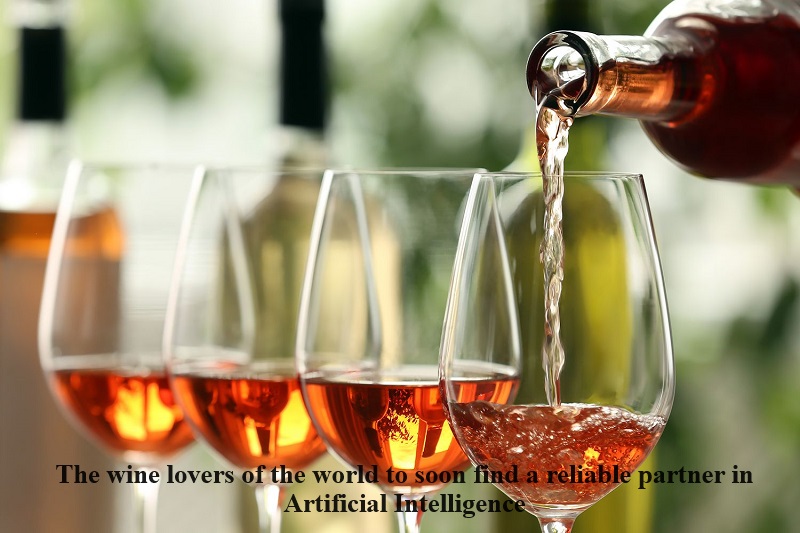
Enthusiasts of wine around the globe may soon discover a dependable companion in the realm of Artificial Intelligence (AI). While smartphone applications worldwide have sought to enhance wine-buying experiences, the absence of AI capable of discerning the taste of wine remained a void.
For decades, wine tasting has stood as a lucrative profession, particularly in Europe. However, a recent advancement in the dynamic landscape of Artificial Intelligence promises to transform how individuals decide whether or not to purchase wine. This breakthrough, achieved by a collaborative team from the Technical University of Denmark, the University of Copenhagen, and the California Institute of Technology (CalTech), introduces a critical element: individual flavor and taste impressions.
Thoranna Bender, a graduate student at DTU, explained that by inputting an algorithm with data comprising people’s flavor impressions, it becomes adept at making more precise predictions about the specific type of wine each individual prefers.
The study involved conducting wine tastings with 256 participants, who were presented with shot-sized cups of various wines placed on an A3 paper based on perceived taste similarity. The results were digitized through photographs of the papers. This data, combined with an extensive array of wine labels and user reviews, formed the foundation of the newly developed algorithm.
Bender elaborated that the flavor dimension created in the model offers insights into which wines share similar taste profiles and which ones differ. Consequently, one could stand with a favored bottle of wine and inquire about the most similar options, either in taste, or both taste and price.
Moreover, Bender noted that although they employed wine as a case study, the same methodology could be applied to beer and coffee.
In terms of significance, the co-author of the study highlighted that the newly developed technique integrates human sensory experiences into an algorithm for wine tastings. Serge Belongie, a professor and co-author from the Department of Computer Science at the University of Copenhagen, heading the Pioneer Centre for AI, emphasized that combining data from wine labels and reviews with that from tastings yields more accurate predictions of individuals’ wine preferences than when relying solely on traditional types of data in the form of images and text. Consequently, teaching machines to leverage human sensory experiences results in superior algorithms that ultimately benefit users.

Post Your Comments